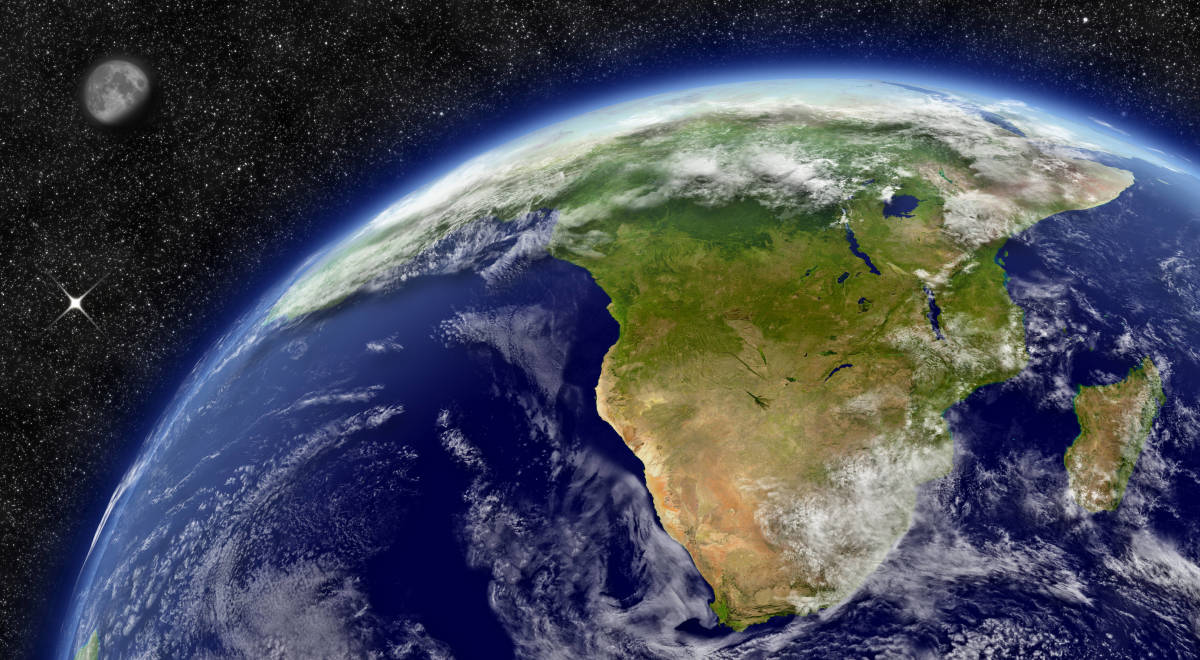In the first edition of the journal Aether, Shaw writes (with colleagues Jean Purgason and Amy Soileau) about the designation of space as a new military area of responsibility. They argue that “the word ‘global’ cannot adequately describe the political/military range of national security consideration,” and that “the concept of key terrain must be reimagined in the domain.” As earthlings grapple with their increasing dependence on space for everyday life, Shaw explains the difference between Space Command and Space Force. “If there is an operation to be done in space, the Space Force might be the service that gives us the capability, but the Space Command will conduct those operations,” Shaw explains in Wired on April 15. “These combatant commands are independent of the services, and those commanders report directly to the secretary of defense.” The Wired interview is worth a read. Here’s the relevant tweet: Do Space Command and Space Force work with NASA? Shaw offers the possibility of an asteroid on a collision course with Earth as a potential example. “That’s what we call planetary defense. So far we haven’t detected one that’s on a collision course. NASA is responsible for that detection mission. But we help with some of the sensors we have that could also look way out into space. So we’re supporting NASA in that regard. If we identify something, we’ll shift to ‘Can we deflect it somehow?’” On a cyber note, Shaw says the people of Ukraine, under Russian attack for nearly two months, are often still able to connect to the Internet thanks to space operations. “In another example,” Shaw explains, “Ukraine continues to be connected widely to the internet, and that’s greatly thanks to the Starlink system that SpaceX is operating there. To me, that’s the greatest thing that’s stood out: the value of space across the board.”

title: “Space Command Leader Describes The Cosmos As A Military Area Of Responsibility” ShowToc: true date: “2022-12-30” author: “Jose Gleaton”
In the first edition of the journal Aether, Shaw writes (with colleagues Jean Purgason and Amy Soileau) about the designation of space as a new military area of responsibility. They argue that “the word ‘global’ cannot adequately describe the political/military range of national security consideration,” and that “the concept of key terrain must be reimagined in the domain.” As earthlings grapple with their increasing dependence on space for everyday life, Shaw explains the difference between Space Command and Space Force. “If there is an operation to be done in space, the Space Force might be the service that gives us the capability, but the Space Command will conduct those operations,” Shaw explains in Wired on April 15. “These combatant commands are independent of the services, and those commanders report directly to the secretary of defense.” The full Wired interview is worth a read. Here’s the relevant tweet: Do Space Command and Space Force work with NASA? Shaw offers the possibility of an asteroid on a collision course with Earth as a potential example. “That’s what we call planetary defense. So far we haven’t detected one that’s on a collision course. NASA is responsible for that detection mission. But we help with some of the sensors we have that could also look way out into space. So we’re supporting NASA in that regard. If we identify something, we’ll shift to ‘Can we deflect it somehow?’” On a cyber note, Shaw says the people of Ukraine, under Russian attack for nearly two months, are often still able to connect to the Internet thanks to space operations. “In another example,” Shaw explains, “Ukraine continues to be connected widely to the internet, and that’s greatly thanks to the Starlink system that SpaceX is operating there. To me, that’s the greatest thing that’s stood out: the value of space across the board.”
